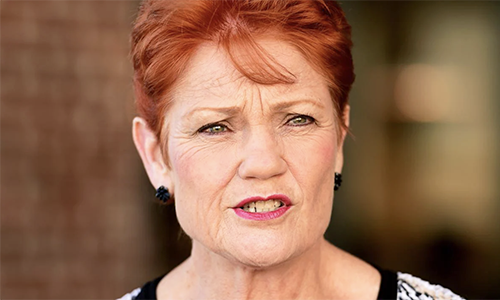The new cabinet cannot be accused of laziness. John Healey, secretary of state for defence, has just been on a 48-hour tour of France, Germany, Poland and Estonia, all of them important military allies in different ways, trumpeting the new government’s ‘NATO-first’ defence policy.
The highlight of Healey’s breakneck trip was his meeting with the German defence minister, Boris Pistorius. The two men have much in common: born 30 days apart in 1960, they worked as political advisers before achieving elected office. Both are solid, reliable, unshowy centrists within their parties. And on Wednesday, these two workhorses agreed a joint declaration on enhanced defence co-operation between the United Kingdom and Germany.
It is aggravating to be told by ministers how significant this empty screed is
We are told in sombre terms by the Ministry of Defence how important this document is. It represents ‘the first step in a deep new UK-German defence relationship’ and is ‘the most comprehensive defence agreement’ the two countries have signed. Healey himself intoned that the agreement ‘will kickstart a deep, new defence relationship, built on our nations’ shared values’. (It would be interesting to listen to a minister enumerate those ‘shared values’ with any precision.)
This is promising. Germany spends more on defence than any Nato member state with the exception of the United States, which is hardly surprising: at nearly 85 million, it has a population tens of millions larger than any other member. Substantial numbers of British service personnel were based in Germany from the beginning of the occupation in 1945 until the withdrawal of British Forces Germany in 2020. The UK works with German industry on the Boxer infantry fighting vehicle, the HX family of trucks and the Fuchs reconnaissance vehicles, as well as the Eurofighter Typhoon and various Airbus types.
The joint agreement gets off to a high-minded and ambitious start. The Ministry of Defence and the Bundesministerium der Verteidigung ‘commit to improve and further enhance bilateral defence cooperation to better meet the common challenges of the 21st century and to best secure the common interests of both countries in defence-related areas’. Who, other than a prose stylist, could object to that?
The problem is that it contains nothing else. There are aspirations to do better and reiterations of current commitment, but not a single identifiable policy action. The two governments say they will – bear with me – ‘reaffirm our commitment to [Nato’s] principles, and acknowledge its indispensable role in securing our collective deterrence and defence’. They ‘aim to contribute… to bolstering our industrial capabilities and enhance our operational effectiveness’. They ‘seek to contribute to maintaining the Alliance’s effective and credible deterrence and defence tasks’.
There are six ‘priority objectives’. On these key issues, both governments will ‘endeavour to do our part to strengthen Nato, ‘to enhance interoperability’, ‘explore joint efforts aimed at enhancing our collective resilience and response capabilities’ and ‘undertake a long-term, comprehensive cooperation in the field of long-range capabilities’.
And so it goes on. Feel free to read the document yourself, but you will find not a single concrete action, no new joint programme or operation, not even a new or rebranded talking shop for ministers, officials or military personnel from the two countries.
In itself, it is harmless enough: two allies reiterating their shared commitments and ambitions to cooperate. It is the diplomatic and military equivalent of a couple renewing its vows: nice for them, but really not important for anyone else.
What is aggravating is to be told by ministers how significant this empty screed is. John Healey, usually a straightforward, no-nonsense Yorkshireman, insists the agreement shows the new government is ‘getting on with the job’ and ‘resetting our relationships’ with allies. Actually it is pure performance, conflating, as is the Starmer way, saying things with doing things.
Worse, Healey has dismissed previous agreements between the UK and Germany as ‘pieces of paper’. In April, Rishi Sunak and Chancellor Olaf Scholz agreed a joint understanding which included the joint acquisition of a new artillery system, co-operating on modernisation of our Typhoon fleets and the establishment of a task force to propose ‘structured and enhanced framework for our bilateral security and defence cooperation’. Small but concrete steps, now just a ‘piece of paper’.
This combination of expansive but empty claims and dismissal of anything that has gone before grates. A government can issue puff pieces, or it can criticise its predecessor for doing the same, but it cannot do both. Again and again, I am reminded of F.E. Smith’s brutal assault on Lloyd George in his maiden speech in 1906:
I do not, more than another man, mind being cheated at cards; but I find it a little nauseating if my opponent then publicly ascribes his success to the partnership of the Most High.









